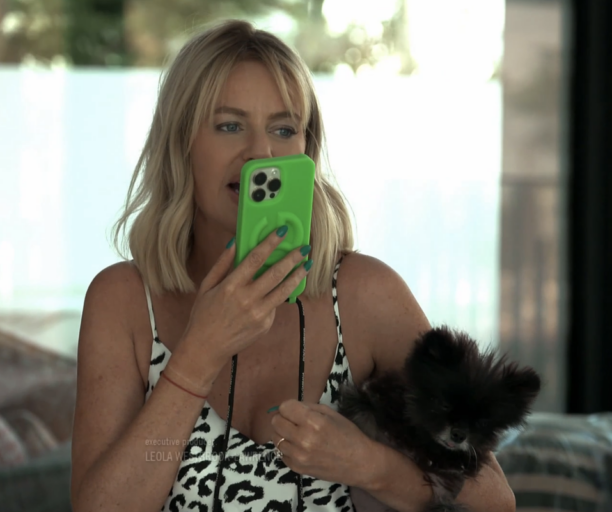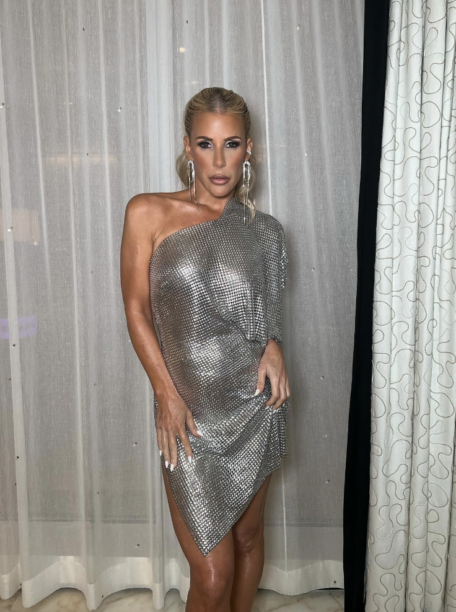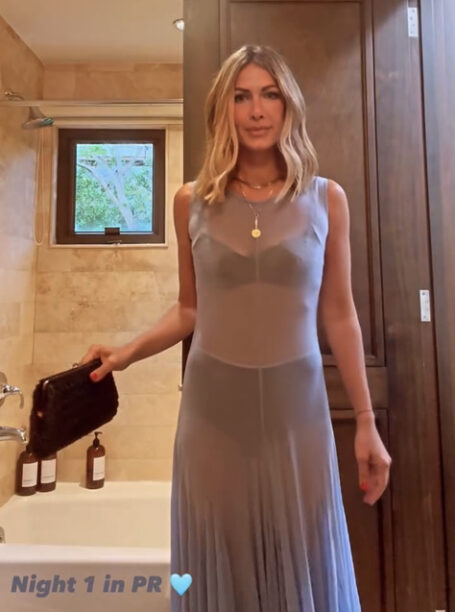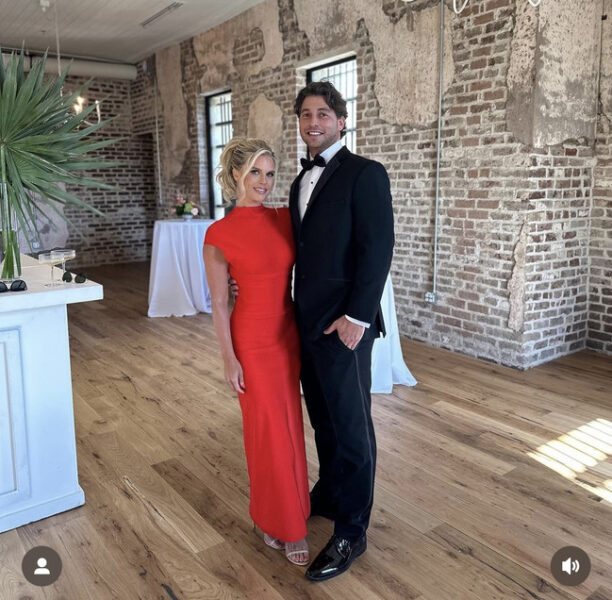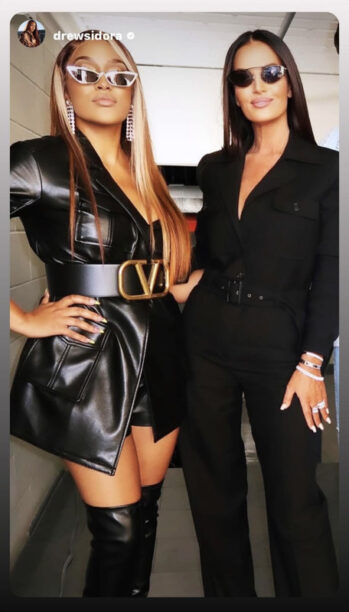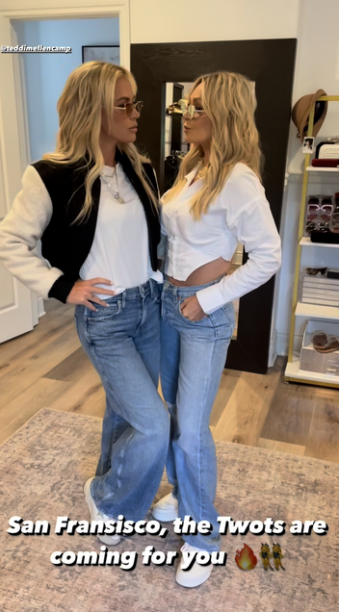“I Would Love to Sing, But I Don’t Know How to Start!”

As a long-time performer and vocal coach, I have heard these words spoken many times, especially after one of my concerts or talks. These days, during concerts, which have taken on a more conversational tone, I often mention the great pleasures that singing can bring – no matter your age or level.
And science agrees. In the study, The effects of aging and singing, research has discovered something that many of us already knew in our souls,“that music listening and singing can have an impact on the brain…. and, in turn, could mitigate age-related cognitive decline.”
The Power of a Sing Along!
I try always to have at least one sing along during the show so that we can experience the great joy of lifting our voices together in song. This activity seems to open the emotional floodgates for those in the audience who have a long-held desire to sing. And there are many who do!
After each concert, several people will tell me they would “love to sing, but…” I can hear in that word “but” that they are not quite ready to act on this desire. To these people, I offer a few suggestions, but I ask no questions. I try to leave each person with the idea that singing is a powerful choice of a hobby that offers huge benefits, especially as we age.
I’m Ready to Take the Next Step!
Sometimes though, the person speaking is clearly ready and willing to act on their desire. And so I ask a few questions to get a sense of the unique role that singing will play in their lives. Each person has their own story about why singing is important to them. Perhaps they used to sing as a kid, but later in life, marriage and children took precedence and the dream to sing was put on hold.
Others tell me (I hear this kind of story way too often!) that a teacher or parent told them early in life that they had no voice. Or that their voice sounded awful. Or that they sang dreadfully out of tune. Some recall hearing a parent snarling in response to an expressed desire to sing, “Who do you think you are?”
There are so many stories. You may have one of your own. But consider this: later in life, we have earned the right to leave that negative baggage behind, and take a new look at what our voices can become.
Do You Know WHY You Want to Sing?
Are You Drawn to the Social Aspect of a Choir?
Singing with a choir offers the kind of connection that is hard to find in most other human endeavours. We know now from scientific study that group singing releases several powerful, “feel good” hormones in our bodies. No wonder we are so drawn to this activity. On a personal note, now and then I listen to choir music at night before I go to sleep. Sometimes tears will flow down my cheeks at the beauty of the combined sounds of human voices. Perhaps you also feel this way?
If you seek this kind of social connection, I suggest you look for a choir in your area. Listen to whatever you can hear of their work on the internet. Do they sing music that lights your musical fire? Is there a clear route for you to audition? Do you need to read music? Do you need to prepare in some other way for this audition? And if the whole idea scares you, try to lean on the old adage, “Feel the fear, but do it anyway!” Your joy in choral singing will be worth the effort!
Online Singing Groups
Another option is to find a singing group that meets online. Put these words – “online singing groups” – into the Google search engine and you may be surprised by the response! After reading some messages on my YouTube channel, Singing After 40, I realized that there was a strong need for online group singing.
Many mature people seemed to feel isolated in their quest to sing better. Now I have a free weekly warm up group that meets on Zoom to exercise their voices and briefly sing for one another. You must be over 40 to join. But all levels are welcome.
Is Yours More of a Personal Vocal Journey? Do You Want to Sing in Order to Find Out What Your Voice Can Do Now?
It is never too late to take private singing lessons. This is a more direct way to find pleasure in your personal sound. But how do you find a teacher? If there are no singing teachers in your drivable area, look for someone online – preferably a teacher who understands and enjoys working with the older voice. Then commit to two or three lessons.
In that time, you can discover two important things:
- Do you like the lesson experience?
- Is this the right teacher for you?
Is she/he someone with whom you feel uplifted and supported as your voice evolves? Do they have insight into the older person’s voice? Keep in mind that our voices change as we age. Singing teachers who work with older singers need to know about these changes.
Private lessons are the more costly route to take. But you may only need a few lessons to give you enough of a vocal boost so that you can work more skillfully with free online YouTube videos.
Do You Want to Test Out Your Voice in a Public Place?
If you are pretty sure that your voice is ready for another level of singing, I suggest you look for places to sing that offer karaoke nights. You could practice your song(s) at home with a backing track you can find on YouTube and then test out the song(s) in front of an audience of like-minded singers in a Karaoke club.
This is a more gutsy way of getting back into the swing of singing. But for some people, it is exactly what they need most: the joy of hearing their own unique voice in a great song in front of a responsive audience. Truly, performing for others is a thrill like none other.
A Few Words of Support for YOUR Singing Journey!
It is this more public route that one of my students, Carylle, has been enjoying. In her late 60s, she takes weekly lessons with me and then sings for local concerts and in a variety of music clubs. I asked her what she would like to share about her later-in-life singing journey. She wrote:
“Singing is a wonderful way for me to communicate with others. No matter what mood I am in, once I start into song, I am lifted. I always complete a practice or concert on a high. I will continue to sing as I keep growing older. I have also learned how important it is to keep using my voice and taking care of it. There is no age to stop singing. It is a most precious gift to share with others. I will never deny myself, or others that pleasure.” – Carylle, Montreal.
Let’s Have a Conversation:
Do you love to sing? Have you given singing a chance or does it only exist as a dream hobby? Have you done karaoke singing? What about lessons or online classes?
Read More








